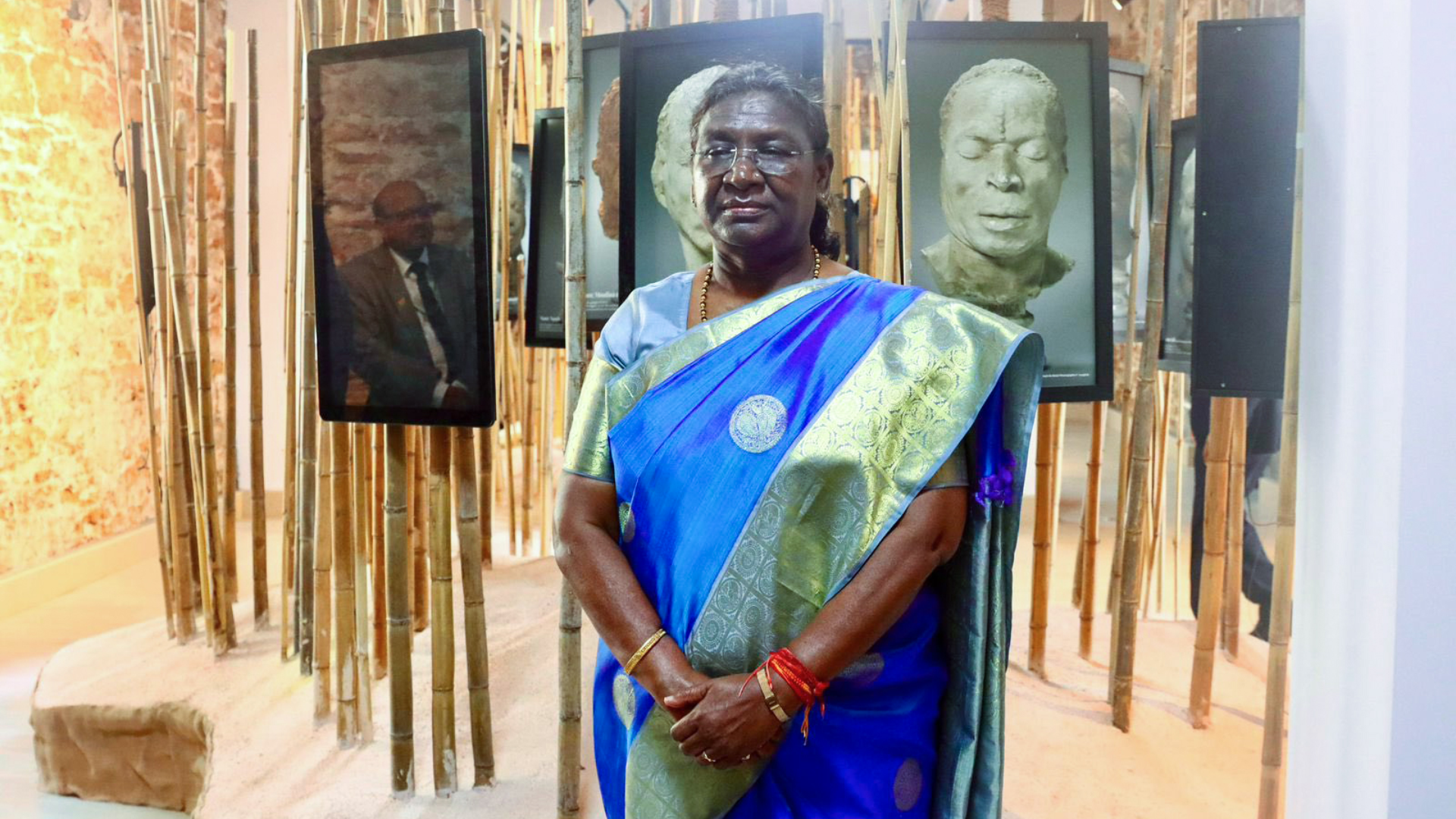On Wednesday, President Droupadi Murmu sanctioned Uttarakhand’s Uniform Civil Code (UCC) Bill for 2024, as confirmed by the state government through an official statement.
With the President’s approval, Uttarakhand is poised to become the pioneer state in India to enact the UCC. Previously, on February 29, Uttarakhand Governor Gurmit Singh referred the Bill, forwarded by the state government, to President Murmu for her endorsement.
The government, led by Chief Minister Pushkar Singh Dhami, introduced the UCC Bill on February 6, underlining its significance. Chief Minister Pushkar Singh Dhami hailed the passage of the Uniform Civil Code (UCC) bill in the Legislative Assembly on February 7 as a “historic day in the history of Uttarakhand.”
President Murmu approves Uttarakhand's UCC Bill
Read @ANI Story | https://t.co/jYjq0JeqFw#DroupadiMurmu #Uttarakhand #UCC pic.twitter.com/bpv4SxwRIy
— ANI Digital (@ani_digital) March 14, 2024
The UCC Bill garnered a favorable majority during a special session of the Uttarakhand assembly on February 7. Presented by the Chief Minister during the special session, the Uniform Civil Code aims to establish consistent regulations for personal matters across all communities.
These matters encompass marriage, divorce, inheritance, and property rights. The UCC would be equally applicable to all citizens, irrespective of their religion, gender, or sexual orientation.
Enshrined within the Constitution’s non-justiciable directive principles of state policy, the UCC has been subject to varied opinions. While some members of the Constituent Assembly advocated for its obligatory enforcement, others expressed concerns regarding potential encroachments on religious freedom and cultural diversity.


















